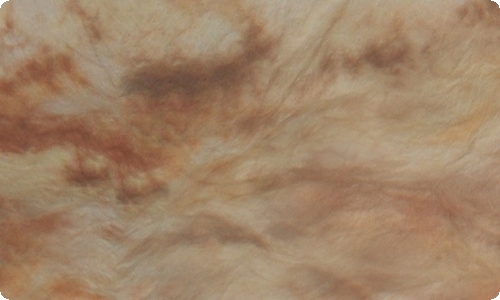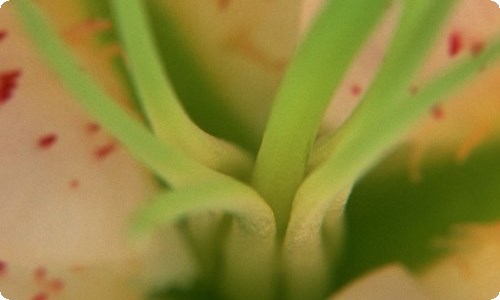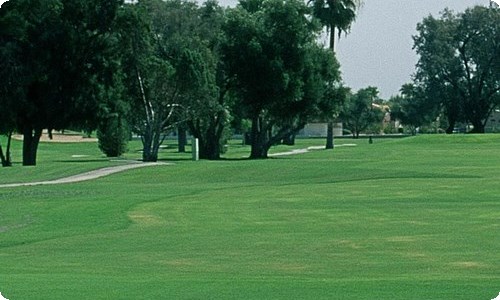
英语关于春节手抄报
春节的到来对于我们来说是非常开心的,以下是小编整理的英语关于春节手抄报,欢迎阅读参考!
英语关于春节手抄报图片:
英语关于春节手抄报资料:
春节的祝福语:
I wish you good health in the new year.
祝你身体健康,新年快乐。
Warm wishes to you and your family for a wonderful New Year!
祝你和你的家人有个美好的`新年,,新年快乐。
Wishing you a happy and abundant New Year!
祝你有个愉快和丰盛的新年!
With very best wishes for your happiness in the New Year.
致以最良好的祝福,原你新年快乐幸福,新年快乐。
Good luck, good health, hood cheer. I wishyou a happy New Year.
祝好运、健康、佳肴伴你度过一个快乐新年。
With best wishes for a happy New Year!
祝新年快乐,并致以良好的祝福,新年快乐。
I hope you have a most happy and prosperous New Year.
谨祝新年快乐幸福,大吉大利。
With the compliments of the season.
祝贺佳节,新年快乐。
【春节的由来英文】
Spring Festival is China's biggest and most exciting festival of an ancient tradition. Commonly known as "Chinese New Year." According to China's Lunar New Year, the first month who started in ancient times known Mongol Yuan Chen, Yuan-cheng, Yuan Shuo, New Year's Day and so on, commonly known as New Year's Day, as well as the previous day, moving in, three new moon, three North Korea, the three began, ternary, etc. Do not say, which means the first month who started this is the year, month, day three start.
中文:春节是我国最盛大、最热闹的一个古老传统节日。俗称“过年”。按照我国农历,正月初一古称元日、元辰、元正、元朔、元旦等,俗称年初一,还有上日、正朝、三朔、三朝、三始、三元等别称,意即正月初一是年、月、日三者的开始。
Chinese New Year, by definition is a spring festival. Spring, Vientiane update, a new round of sowing and harvesting season is beginning. People have every reason to dancing and singing to welcome the holiday. Thus, before the Spring Festival red paper pasted on the door face, yellow-word New Year's Message.
中文:春节,顾名思义就是春天的节日。春天来临,万象更新,新一轮播种和收获季节又要开始。 人们有足够的理由载歌载舞来迎接这个节日。于是,节前就在门脸上贴上红纸黄字的新年寄语。
The another name is called the Spring Festival Chinese New Year. "Year" what is it? Is a kind of bad luck for people's imagination in animals. "Year" the one. Trees pride had Baicao no life; "year" one "off" and, all things grow, flowers everywhere. "Year" How can the past? You need to use whip shelled, so have the custom of burning firecrackers. In 1993, the Beijing Municipal People's Government promulgated a law to ban fireworks, so that this continuity throughout the ages for centuries the custom of the past.
First day 初一
The first day is for the welcoming of the deities of the heavens and earth, officially beginning at midnight. Many people, especially Buddhists, abstain from meat consumption on the first day because it is believed that this will ensure longevity for them. Some consider lighting fires and using knives to be bad luck on New Year's Day, so all food to be consumed is cooked the day before. For Buddhists, the first day is also the birthday of Maitreya Bodhisattva (better known as the more familiar Budai Luohan), the Buddha-to-be. People also abstain from killing animals.
Most importantly, the first day of Chinese New Year is a time when families visit the oldest and most senior members of their extended family, usually their parents, grandparents or great-grandparents.
Some families may invite a lion dance troupe as a symbolic ritual to usher in the Lunar New Year as well as to evict bad spirits from the premises. Members of the family who are married also give red packets containing cash to junior members of the family, mostly children and teenagers.
While fireworks and firecrackers are traditionally very popular, some regions have banned them due to concerns over fire hazards, which have resulted in increased number of fires around New Years and challenged municipal fire departments' work capacity. For this reason, various city governments (e.g., Hong Kong, and Beijing, for a number of years) issued bans over fireworks and firecrackers in certain premises of the city. As a substitute, large-scale fireworks have been launched by governments in cities like Hong Kong to offer citizens the experience.
Second day 初二
The second day of the Chinese New Year is for married daughters to visit their birth parents. Traditionally, daughters who have been married may not have the opportunity to visit their birth families frequently.
On the second day, the Chinese pray to their ancestors as well as to all the gods. They are extra kind to dogs and feed them well as it is believed that the second day is the birthday of all dogs.
Business people of the Cantonese dialect group will hold a 'Hoi Nin' prayer to start their business on the 2nd day of Chinese New Year. The prayer is done to pray that they will be blessed with good luck and prosperity in their business for the year.




